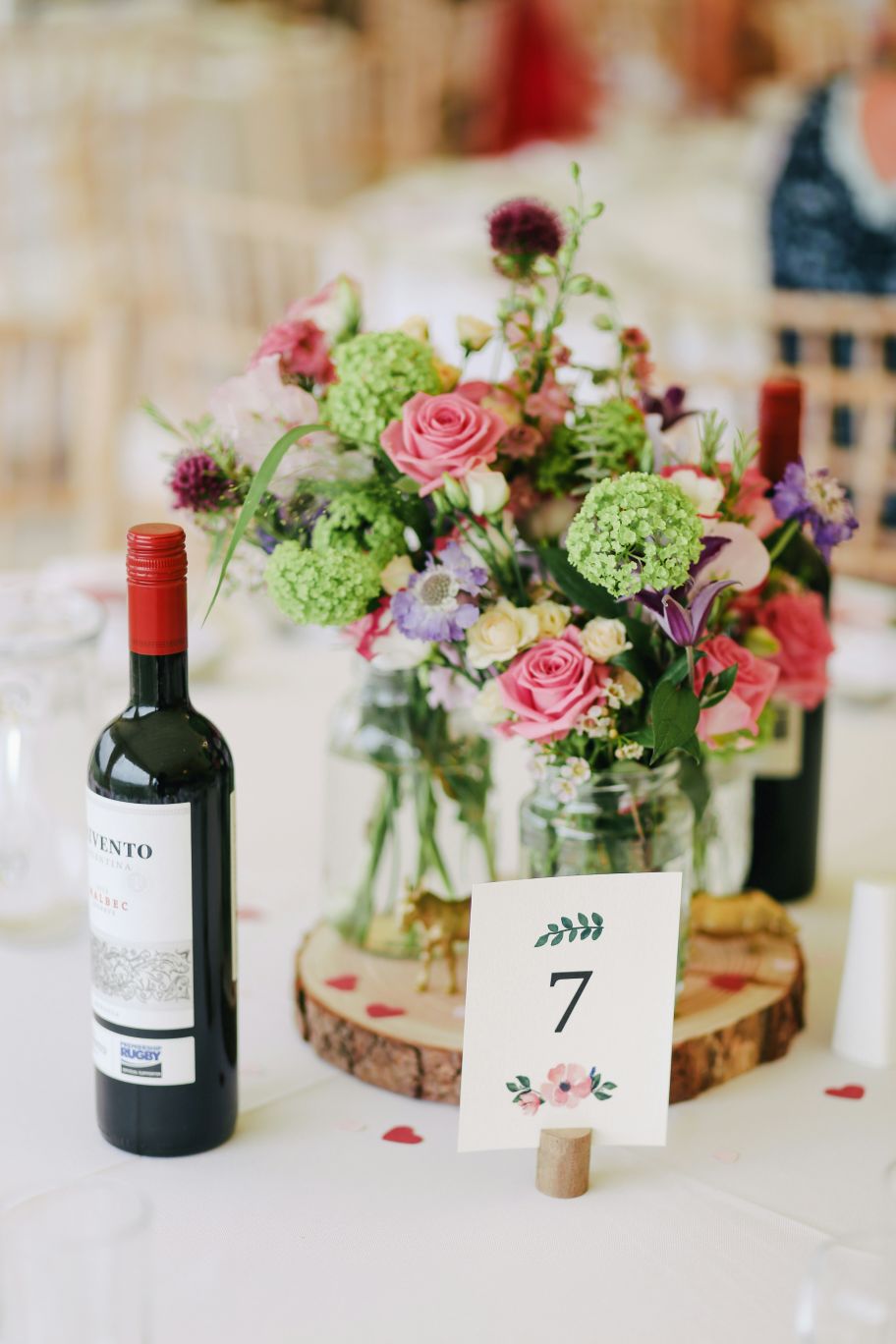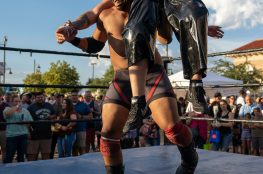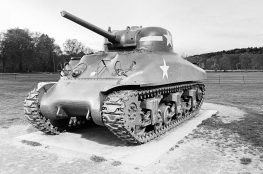Stoic Prompt Week 8 (2024)
"Remember to conduct yourself in life as if at a banquet. As something being passed around comes to you, reach out your hand and take a moderate helping. Does it pass you? Don't stop it. It hasn't yet come? Don't burn in desire for it but wait until it arrives in front of you. Act this way with children, a spouse, toward position, with wealth - one day it will make you worthy of a banquet with the gods." Epictetus, Enchiridion, 15
Am I happy with my portion at the banquet of life?
A resounding and unqualified YES. I count my blessings every day. But it wasn't always so. I used to envy my mom’s sister and brother’s lifestyle. My cousins had everything, toys, nice clothes; they went on nice trips. I used to think, why them and not us? We lived in a tiny house with very little furniture; we lived off of TV dinners and Kraft Macaroni and Cheese. How did we miss the money boat?
The United States Army purged this way of thinking from my young mind forever. The military stripped each of us down to our essential selves. They shaved our heads and our faces. They made us wear the same uniforms and eat the same food from the communal trough. They broke us down and rebuilt us.
We learned to rely on each other, even if we may not care much for the other fellow. Our antecedents were meaningless, of no account. Whether you were black or white, whether you came from privilege or poverty, you had to do your job. And in the doing of your job, you defined yourself by the quality of your work and the selflessness of your efforts to assist and cover for your comrades. I learned to see the human being behind the family bank account or behind the family with no bank account.
Many life changing lessons are learned in Uncle Sam’s Army; some wisdom is passed on by other soldiers. Two young men with whom I served gave me gifts that money cannot buy. Life lessons. One taught me that peace comes at a price. The other taught me that literature is a most formidable way to understand humanity. To understand that wealth and position can be taken away in a flash. How to understand what is truly important.
The first young soldier was an eighteen-year-old black giant from rural Kentucky. He was built like an NFL tight end, and he towered over all of us in the barracks. He came from a very poor family. He was the first in his family to graduate from high school and he may be one of the very few truly Christian men I've met in my life. He had a wonderful baritone voice and when he would start singing a song to himself, which he did frequently while working in the barracks cleaning up his area, everyone, black and white, redneck and city boy, would hush just to hear him sing.
He hated fighting. Fisticuffs. Being young men, humans being humans, they like to fight. This soldier refused to allow us to fight each other, no matter the dispute. He would step into the space between the would-be combatants and tell them that if they wanted to fight, they needed to fight him first. Some of the tough guys took him at his word. He always let them throw the first punch, then he would pummel them. Once he gained the upper hand, he would make them say, "Uncle,” an old school way to admit you have lost the fight. Then he would let him go. After the big boys got whipped there was very little fight left in the rest of the platoon. As a result, we had less drama and the weak among us were not hazed by the bully boys like the other basic trainees were throughout the rest of our Company.
He was willing to pay the price for peace. His willingness to do so was lost on me. Maybe it had to do with his religiosity, his family upbringing, or his basic level of decency. Whatever drove him he firmly believed that everyone deserves to live in peace, and he took it upon himself to enforce a state of peace in our billets. Through his munificent peacekeeping efforts, albeit at the business ends of his fists, he created space for dialogue. For compromise. Enforced peace causes people to come along to get along. Without peace a people cannot prosper.
The other soldier from whom I learned a life lesson was a twenty-one-year-old slight, wiry, and studious Jewish man from an extremely wealthy Chicago family. I met him during my permanent party duty assignment on Fort Sheridan, Illinois, about thirty miles from Chicago. He joined the Army to get away from his parents. They had so much political pull that they got him reassigned to Fort Sheridan, forty minutes from their home. I remember that he was mortified by what his parents did to get him reassigned so close to home. His parent's angst was my lifelong gain.
He turned me onto Tolstoy, Turgenev, Gogol, Chekhov and Dostoevsky over the two years that I knew him. I had read a lot as a kid, but books like Old Yeller and Sounder, quick reads. Mostly pulp. Reading the great Russians was revelatory. The stories of the powerful abusing the peasantry, of armies stripping the wealth of communities and arbitrarily punishing whole classes of people, taught me that life is precarious and subject to change without notice. This taught me, through literature and through conversations with him, that knowledge is the only thing that cannot be taken away from a person. That is the most valuable thing in life that we acquire. No pile of cash is a substitute. No luxury car, no beautiful property, is even tempting if one has to make the trade, one for the other. When he ended his time in service, he left me his books and a lifelong love for literature.
That is how I came to love my extended family, not to envy them for their lifestyle. To love them for the good people that they are, loyal to their immediate and extended family; and willing to extend their hand to those in need. A love I maintain to this day. At this banquet of life, I have been served huge helpings of love, the love of my children, my bride, my extended family and some likeminded close friends. Who can't be full on that?
Epictetus Discourses, 4.6.34-35
Ask yourself the following things in the morning:
-What am I lacking in attaining freedom from passion?
-What for tranquility?
-What am I? A mere body, estate-holder, or reputation? None of these things. What then? A rational being.
-What then is demanded of me? Meditate on your actions.
-How did I stray away from serenity?
-What did I do that was unfriendly, unsocial, or uncaring?
-What did I fail to do in all these things?



